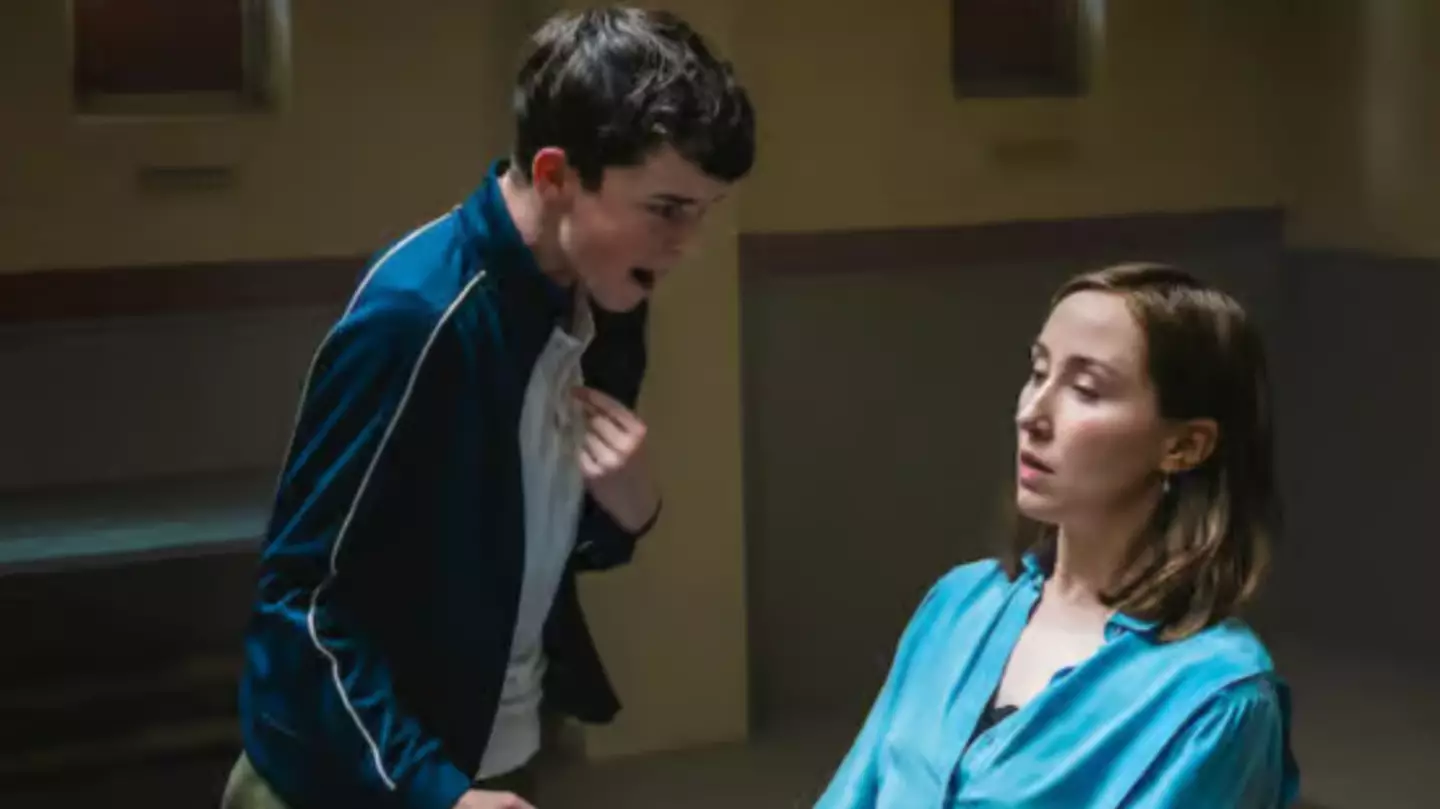Adolescence (2025)
Director: Philip Barantini
Original Concept and Screenplay: Jack Thorne / Stephen Graham
Genre: Psychological Crime Drama
Production: UK
Episodes: 4
Runtime per Episode: 60 minutes
“Please note: by reading this article, the story of the series may be spoiled.”
Grief (3)
In previous parts, I mentioned that Adolescence, created by Philip Barantini, has captured audiences worldwide thanks to its daring subject matter and its highly engaging, gripping structure. In this detailed critique, I have delved into this popular series…

Everything now seems clear: the killer, the motive, the murder weapon, the accomplice, the strong evidence and documentation. So have we truly learned all that we needed to know? Can we really make such a claim? If Adolescence were like most crime-police dramas with a purely procedural approach, the answer would be “yes.” But this series goes beyond the common clichés of the genre and enters the psychological and character-driven realm, trying through the mental and emotional probing of Jamie to reveal the roots of his violence.
Seven months have now passed since Jamie’s arrest. Before his fifth psychoanalytic session begins, we, along with the prison guard and the forensic psychologist Bryony Ariston (Erin Doherty), watch another violent incident of his that has been recorded by the juvenile detention center’s surveillance cameras. The disturbing footage of Jamie’s fists striking another teenager’s head and face, the guard’s unpleasant and misplaced questions—only meant to strike up a conversation with the psychologist—and the close-ups and inserted shots heighten tension and add to the psychologist’s anxiety. Yet she begins the session calmly, professionally, and with composure. Jamie, too, seems to be in a good mood, and the viewer, with cautious relief, is pleased to see him smiling and somewhat at ease after all that turmoil.

The dramatic core of this episode lies in the dialogue between Jamie and the psychologist, most of it unfolding in a closed room. There is no music, the rhythm slows to match the mood and setting, the colors are cold, conveying a sense of uncertainty. Nothing in the gloomy room—an external manifestation of Jamie’s internal condition—distracts from the ping-pong exchange of words between the teenager and the psychologist. Beyond the dialogue, body language, pauses, silences, laughs, and raised voices gain importance. It is not about judgment, but about knowing and discovering. His father is no longer beside him; instead, he has this closed space as his companion—a constant and unwelcome one. This confinement is slowly becoming an inseparable part of Jamie. He is no longer free, and in all likelihood never will be for the rest of his life.
The importance of the third episode stems from this very fact: it is not significant because of events, but because of depth. Because of the slow penetration into Jamie’s inner world, witnessing his failure, his anger, his helplessness, and his fear. The point is not to judge him or to feel pity, but simply to empathize with him. To empathize with the forensic psychologist, who struggles with all her strength to remain calm and professional under every circumstance. And to empathize with the guard, who is neither attractive nor confident, lost in his own futility, and who clearly needs to talk to the therapist himself.
Jamie’s refusal to give direct answers to the psychologist, the anger he feels towards her and others, years of frustration and neglect, and the lack of self-confidence tied to the word “incel” (involuntary celibate), all paint the picture of a teenager who has never learned to control his rage. Jamie does not confess to murder and insists he did not kill Katie; yet he does not seriously attempt to acquit himself either. He is confused, exhausted, and weakly searching for escape—while trying to influence the psychologist in order to reassure himself. Thus, in a childish attempt, he tries at least to prove to himself that he can seduce, or even frighten, the young, elegant, attractive psychologist. But each time he fails—or each time he is confronted by the masculine qualities implied in the psychologist’s probing questions, qualities he currently lacks due to his age and undeveloped physique (such as strength or muscular presence)—he loses his temper, and then immediately tries to regain control, even though he knows perfectly well that control has slipped away from him entirely.
Jamie is profoundly alone, broken, with little left before he completely collapses. And Bryony, with the subtlest of gestures yet a commanding presence that extends beyond the camera’s frame, looks on helplessly at Jamie, unable to help him—gazing at what feels like a second victim.
(This critique will continue, exploring further layers of this gripping series that has captivated so many viewers.)


